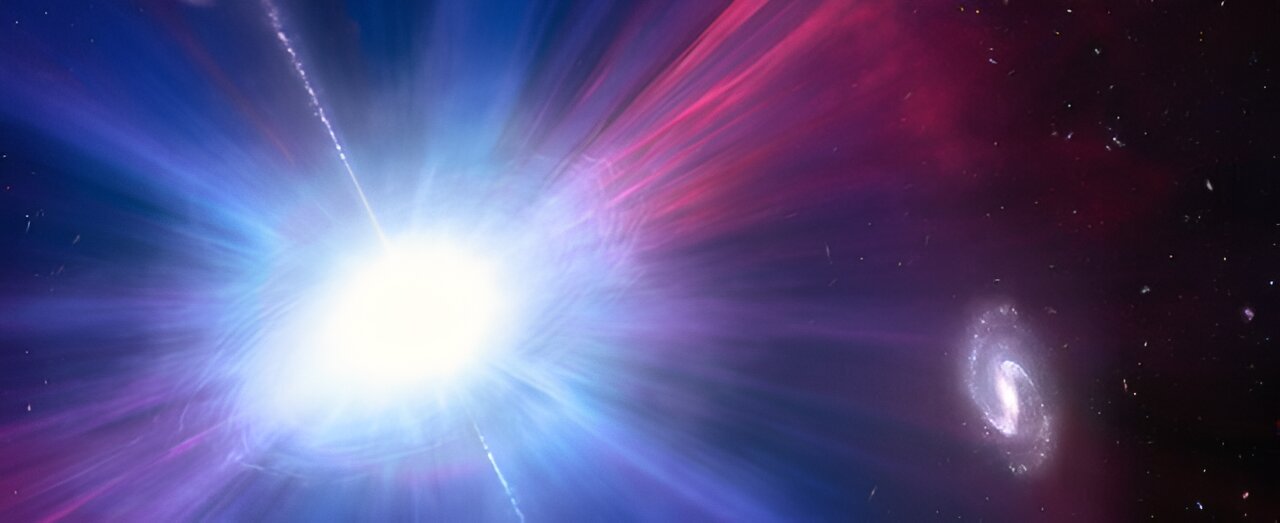The Hubble Space Telescope saw an amazing explosion that occurred where there was supposedly nothing. This rare phenomenon is called LFBOT. It was first discovered only in 2018; it has been observed only a few times so far.

Hubble saw an amazing explosion
The Hubble Space Telescope could record an extremely rare phenomenon; it is called the “Luminous Fast Blue Optical Transient” or LFBOT. This is a very powerful explosion that can be observed in all parts of the spectrum at once, but it lasts only a few days.
In recent decades, scientists have learned about the existence of transients. These phenomena can be extremely bright, but unlike stars and galaxies, which remain unchanged for centuries, they last for a very long time. The processes that cause these phenomena can be very different and we usually do not know anything about their nature.
LFBOT are among the rarest and brightest transients. They were first discovered in 2018. Since then, they have been observed only a few times. Usually some telescopes can see them only once a year.
What is interesting about this event
The real event, which received the designation AT2023fhn or “Finch” is very similar to all the LFBOT that came before it. Like them, this phenomenon was observed for only a few days, gradually dissipating in space. However, the accuracy of the Hubble telescope was enough to accurately determine the place where it exploded.
And this place turned out to be very strange. It is located in intergalactic space. The distance to one large star system is 50 thousand light-years, and to another small one is 15 thousand light-years. Previously, it was believed that LFBOT still occurred where vision was greater.
Scientists do not know what can explode with such force, and even fade away so quickly in intergalactic space, but they are happy that they could determine exactly where the explosion occurred. This is often a big problem for transients.
According to phys.org
Follow us on Twitter to get the most interesting space news in time
https://twitter.com/ust_magazine

